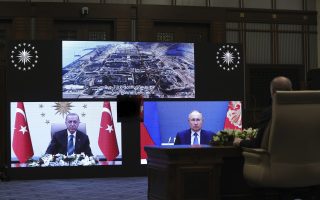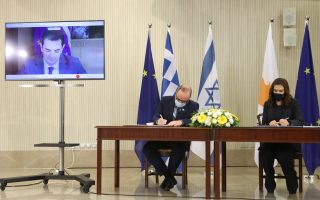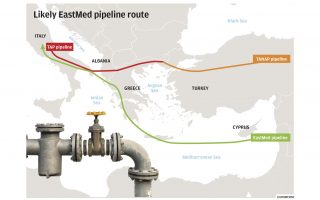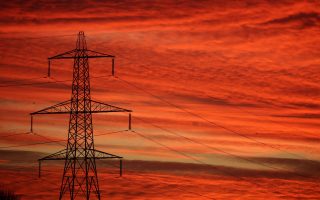Erdogan and Skanderbeg’s ghost
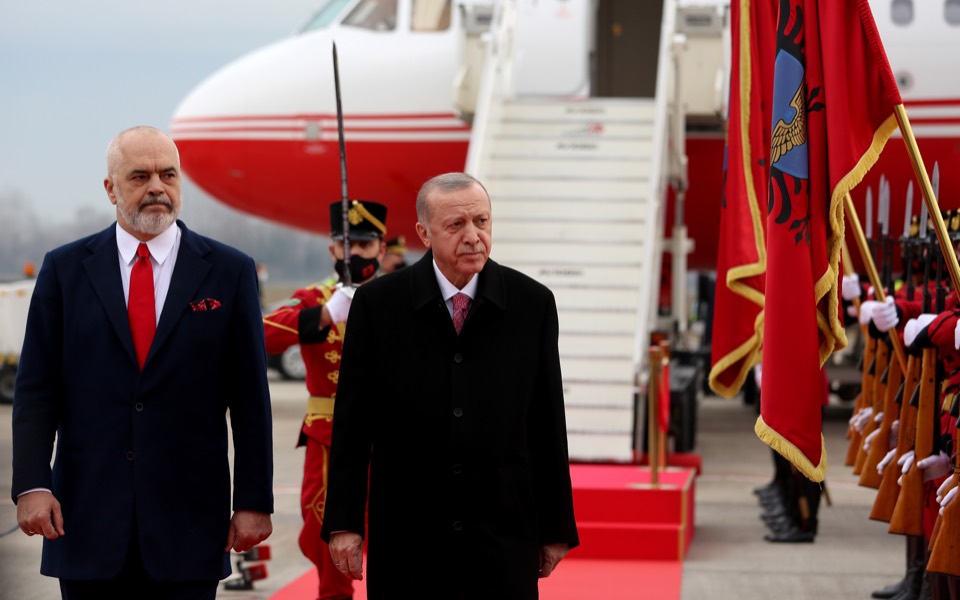
Turkish President Recep Tayyip Erdogan’s latest visit to Albania was unlike others in the past. Sure, Albanian Prime Minister Edi Rama gave him the red-carpet treatment, but the excitement of yesteryear was conspicuously absent. The people and the political class were split. Erdogan’s decision to visit on the anniversary of the death (January 17, 1468) of Gjergj Kastrioti (also known as Skanderbeg), an Albanian hero in the war against the Ottomans, was seen by many as a provocation.
While Erdogan was in the town of Lac, where he hailed the Ottoman past of “the country of eagles” while inaugurating new apartments funded by Ankara for Albanians left homeless by the 2019 earthquake, his counterpart Ilir Meta paid tribute to the monument of Skanderbeg in the city of Lezhe.
Meanwhile, in contrast to previous occasions, Tirana authorities chose not to cover up the huge statue of Skanderbeg in the capital’s central square during Erdogan’s visit.
Rama appears to have elevated Turkey’s Islamic-leaning leader into a key strategic partner. However, the latter’s arrogant behavior has started to annoy the Albanian people, who feel that their national pride is being besmirched.
Another controversial Erdogan request was that Tirana hand over supporters of FETO, the Gulen movement which he calls a terrorist organization (a label he uses for many of his opponents) with significant influence over Albania’s Muslim population, and instead install a leadership of his own choice over the community.
The Muslim community snubbed the inauguration of a mosque in Tirana which was blessed by Erdogan. During the press conference, Erdogan said that bilateral relations will depend on Albania’s success in removing FETO from the country. Rama had to intervene in order to rescue the dignity of his office, saying that his country has no obligation toward Turkey.
The Albanians may be fond of Erdogan’s money but see him insulting their national pride and seeking to impose his own religious faith. I have yet to come across an Albanian who dreams of living in an Erdogan-style Islamic republic – the political credo that the Turkish strongman has sought to promote (through the Blue Homeland dogma) in Albania and the rest of the Balkans.
As to why Rama seeks to anchor his country to Erdogan’s Turkey, the question is open to interpretation.
